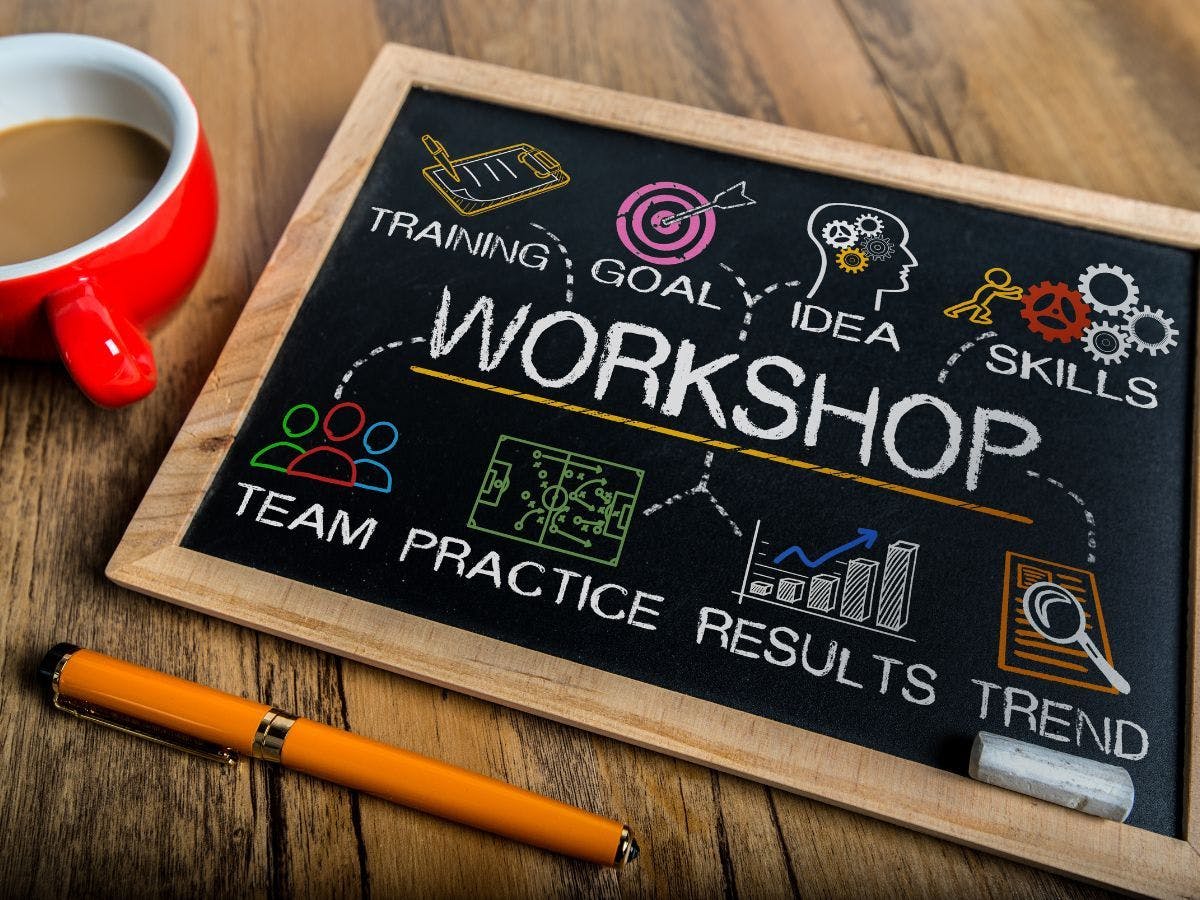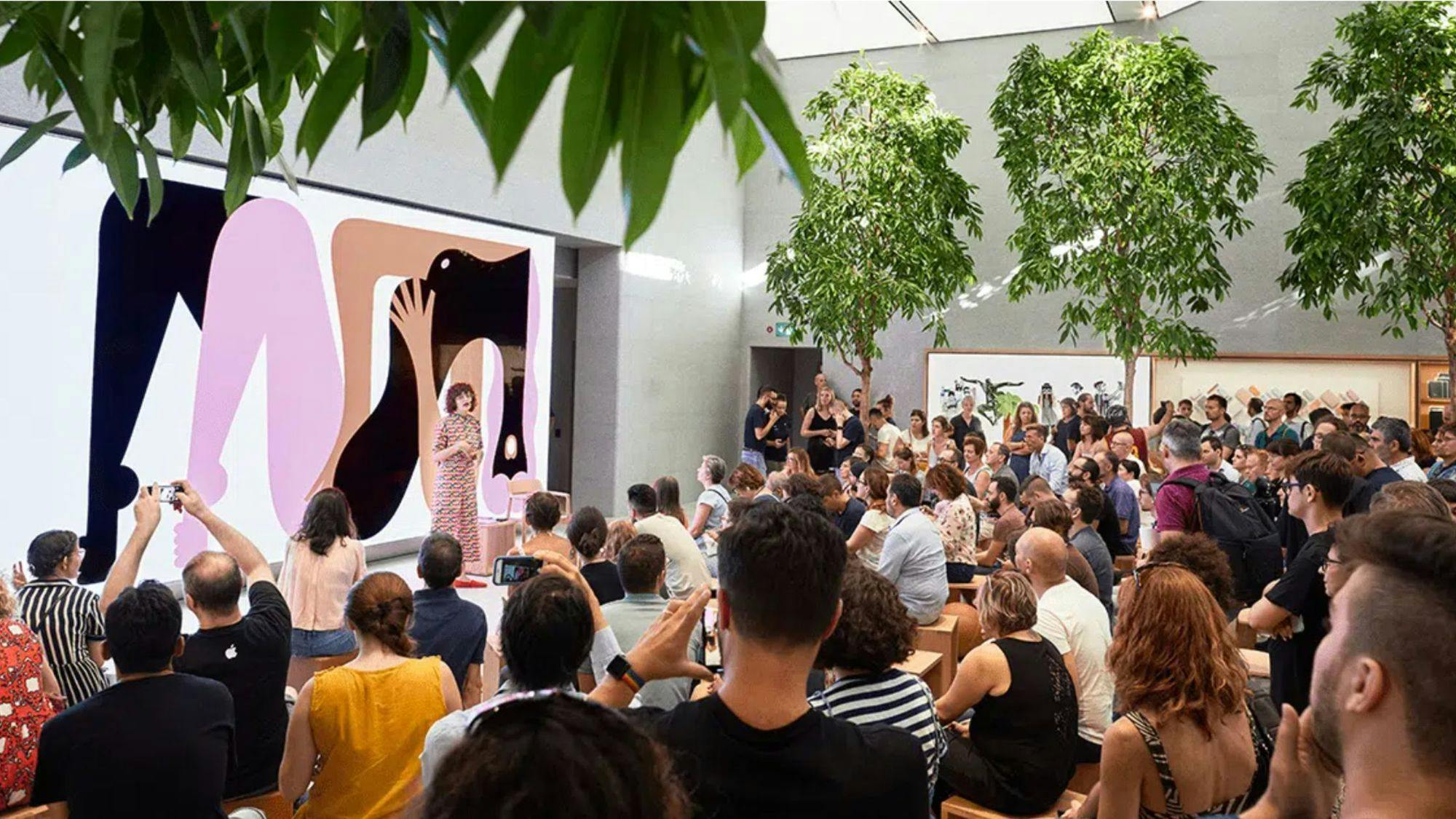- /
- Events/
[Part I] Workshop Events: Unlocking Business Success Through Engagement
You're passionate about your business. You strive to create an environment that fosters growth and innovation. One way to achieve this is by hosting workshop events that not only bring people together but also drive meaningful outcomes. In this article, we'll explore the benefits of workshop events, the various types you can consider, and provide you with valuable tips on planning, engaging participants, maximising learning outcomes, promoting and measuring success, and collaborating with experts and partners. So, let's dive in and discover how workshop events can unlock the full potential of your business.
Sections:
- I. Introduction
- II. Benefits of Workshop Events
- III. Types of Workshop Events
- IV. Planning and Organising Workshop Events
- V. Engaging Workshop Participants
- VI. Workshop Facilitation Tips
- VII. Maximising Learning Outcomes
- VIII. Workshop Promotion and Registration
- IX. Workshop Success Measurement
- X. Collaboration with Experts and Partners
- XI. Conclusion

I. Introduction
Workshop events are immersive experiences designed to facilitate learning, collaboration, and skill development. They provide a unique platform for individuals to come together, exchange ideas, and gain practical insights that can transform their personal and professional lives. As a business owner, organising workshop events can be a powerful strategy to engage your audience, build a community, and foster a culture of continuous learning within your organisation.
II. Benefits of Workshop Events
Workshop events offer several benefits that can have a profound impact on your business. Here are a few key advantages:
1. Knowledge Sharing and Skill Development
Workshops create an environment where participants can learn from industry experts and peers. By sharing knowledge, best practices, and experiences, workshop events empower attendees to develop new skills, enhance their capabilities, and gain fresh perspectives. This newfound knowledge can be directly applied to their work, resulting in increased productivity and improved performance.
2. Networking Opportunities
Workshop events bring together like-minded individuals who share a common interest or goal. This networking aspect allows participants to expand their professional network, form meaningful connections, and potentially collaborate on future projects. The relationships built during workshop events can lead to new business opportunities, partnerships, and a broader support system.
3. Innovation and Creativity
When diverse minds come together, creativity flourishes. Workshop events provide a space where participants can brainstorm ideas, engage in problem-solving activities, and challenge conventional thinking. This collaborative environment fuels innovation and can spark groundbreaking ideas that may drive your business forward.
4. Enhanced Team Dynamics
If you're organising a workshop event for your employees, it can have a positive impact on team dynamics. Team-building exercises, group activities, and shared learning experiences foster a sense of camaraderie, trust, and mutual understanding among your staff. This, in turn, can lead to improved teamwork, communication, and overall organisational performance.

III. Types of Workshop Events
Workshop events come in various formats, tailored to specific goals and target audiences. Here are a few types of workshop events you can consider:
1. Skill-Building Workshops
These workshops focus on developing specific skills relevant to your industry or niche. For example, a marketing workshop could cover topics like social media advertising, content creation, or search engine optimisation. Skill-building workshops provide hands-on training and actionable insights that participants can implement immediately.
2. Leadership and Professional Development Workshops
Designed for individuals aspiring to enhance their leadership capabilities, these workshops offer guidance on effective management techniques, communication skills, and decision-making strategies. Leadership and professional development workshops equip attendees with the tools needed to excel in their roles and take their careers to the next level.
3. Industry Conferences and Forums
These larger-scale workshop events gather industry professionals, thought leaders, and experts to discuss the latest trends, innovations, and challenges within a specific field. Industry conferences and forums provide a platform for networking, knowledge exchange, and staying up-to-date with industry developments.
4. Creative and Artistic Workshops
For businesses in creative industries such as design, photography, or writing, hosting creative workshops can be a great way to showcase talent, share techniques, and inspire others. These workshops allow participants to explore their artistic side, learn new skills, and ignite their creative spark.

IV. Planning and Organising Workshop Events
Successful workshop events require careful planning and organisation. Here are some key steps to consider:
1. Define Your Goals and Objectives
Start by clarifying the purpose of your workshop event. What do you hope to achieve? Are you aiming to educate, inspire, or foster collaboration? Clearly defining your goals will guide the planning process and help you create a focused event.
2. Identify Your Target Audience
Understanding your target audience is crucial to tailor your workshop content, format, and delivery to their needs and preferences. Consider their demographics, interests, skill levels, and learning styles when designing the workshop experience.
3. Create a Detailed Agenda
Outline the structure of your workshop event, including sessions, breaks, and interactive activities. A well-designed agenda ensures a smooth flow and keeps participants engaged throughout the day. Be mindful of allocating sufficient time for Q&A sessions, discussions, and networking opportunities.
4. Secure a Suitable Venue
Choose a venue that aligns with your event's objectives and accommodates the number of participants comfortably. Ensure the space is equipped with the necessary audiovisual equipment, seating arrangements, and amenities to facilitate an engaging and productive workshop experience.
5. Prepare Engaging Content
Craft compelling and interactive content that aligns with your workshop's theme and goals. Incorporate a mix of presentations, group exercises, case studies, and practical activities to cater to different learning styles and maintain participant interest.
6. Arrange for Expert Facilitation
Consider engaging professional facilitators or subject matter experts who can guide the workshop sessions effectively. Skilled facilitators create a conducive learning environment, manage group dynamics, and ensure the achievement of desired learning outcomes.
7. Provide Adequate Materials and Resources
Prepare all the necessary materials, handouts, and resources that participants may require during the workshop. This includes presentation slides, workbooks, notepads, pens, and any relevant reference materials. Having these readily available enhances the learning experience and allows participants to apply their newfound knowledge.
8. Confirm Logistics and Technical Requirements
Double-check all logistical arrangements, such as catering, transportation, and technical requirements. Ensure that the venue is equipped with reliable internet connectivity, audiovisual equipment, and any additional technology needed for presentations or demonstrations.
9. Promote Your Workshop Event
Once all the details are in place, create a comprehensive marketing plan to promote your workshop event. Leverage various channels such as social media, email newsletters, industry networks, and partnerships to reach your target audience. Clearly communicate the value and benefits participants will gain by attending your workshop.
10. Monitor and Adjust as Needed
During the workshop event, be attentive to participant feedback and engagement levels. Stay flexible and be prepared to adapt the agenda or delivery if necessary. Post-event, gather feedback from attendees to assess the success of the workshop and identify areas for improvement.
By following these steps, you'll be well-prepared to deliver a well-organised and impactful workshop event.
Stay tuned for Part II, where we'll explore techniques to engage workshop participants, maximise learning outcomes, and measure the success of your workshop event.
Note: This blog article will continue in Part II, covering sections V through to VII
About Victor Chan
Victor Chan is a dedicated researcher in the event planning space, exploring the intricacies of creating memorable experiences. With a focus on innovative strategies and emerging trends, Victor's work contributes to the evolving field of event coordination. He seeks to offer valuable insights and fresh perspectives to enhance the practice of event planning.




